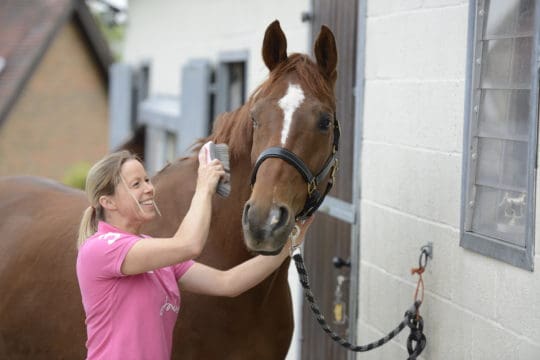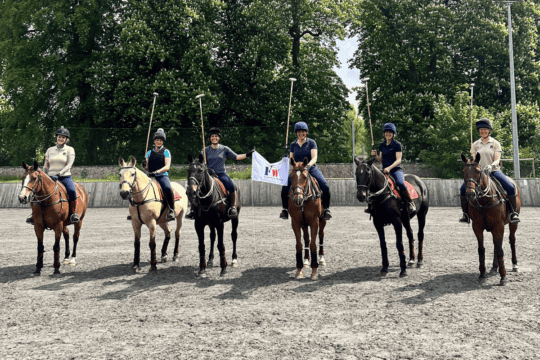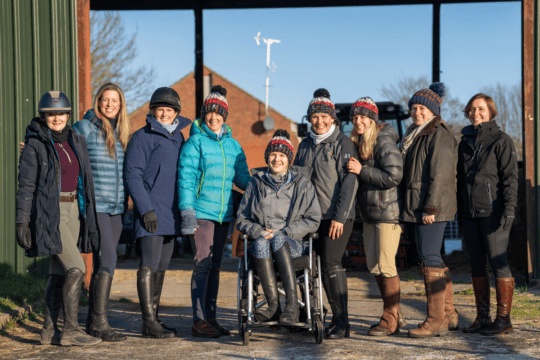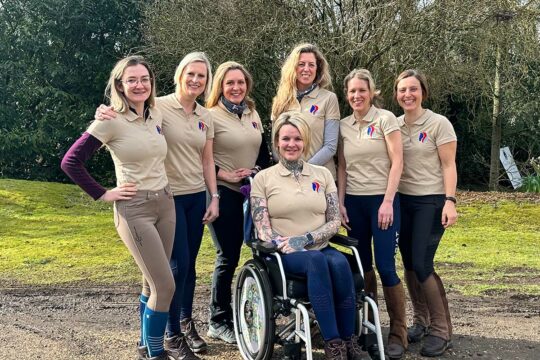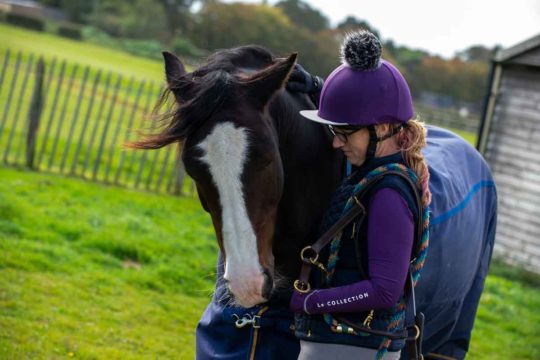
Most Read Articles
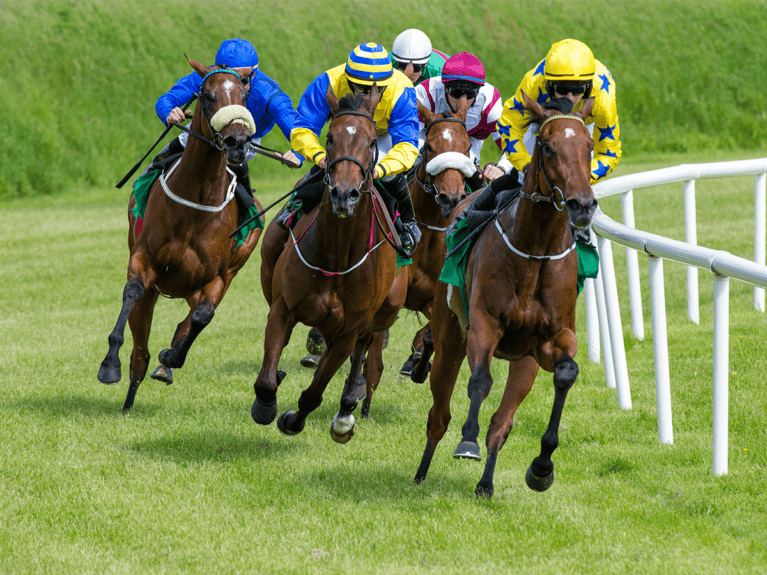
The Royal Veterinary College discovers that horses with genetically low levels of collagen type III are at a higher risk of breaking legs
Until now, there has been limited research into the risk of leg fractures in Thoroughbred horses, as the condition is so complex, with both environmental and genetic factors affecting a horse’s susceptibility. High mechanical forces are experienced when galloping and jumping, and, sadly, bone fractures are common in racehorses, with approximately 60 horses each year being euthanised on UK racecourses.
The Royal Veterinary College (RVC) has recently conducted a study to investigate the genetic risks of fractures in Thoroughbreds. The team, led by Dr Debbie Guest, Senior Research Fellow at the RVC, developed a polygenic risk score to provide a measurement of fracture risk based on a variety of genes and used this to determine the distribution of scores across the general UK Thoroughbred population.
The team used this information to select cells from horses whose risk placed them at the extreme ends of the population – either very low or very high risk. From these, laboratory studies then established a cell model to investigate the genetic factors involved in the fracture risk.
The research found that a gene linked to collagen type III production – a substance required for normal bone function – is seen at lower levels in bone cells from horses with a high genetic risk of fracture. This is due to a change in their DNA sequence in the region that controls how much type III collagen is produced.
Although additional research is required to validate the risk-scoring system, these findings have enabled the RVC to develop a better understanding of how best to identify, diagnose and manage horses at high risk of fractures, knowledge which can then contribute to improvements in the health and welfare of racehorses.
To read the full article, click here.

